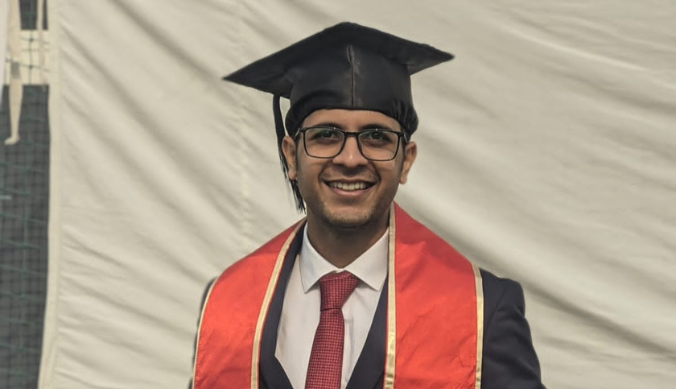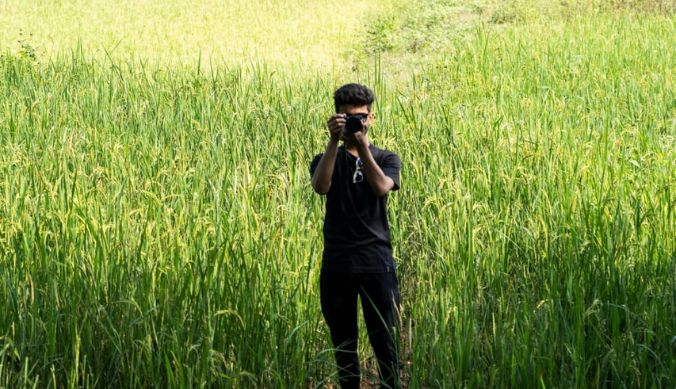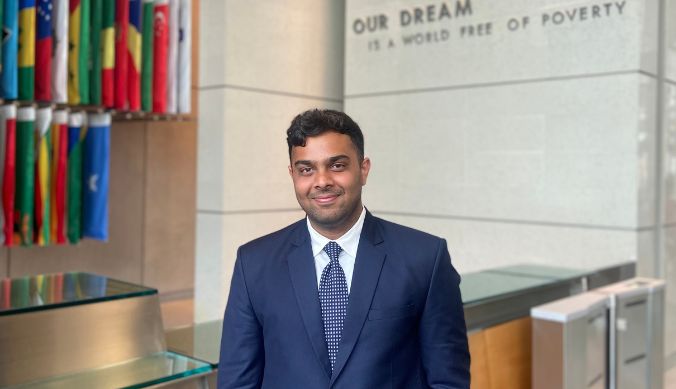Archives of Contemporary India: Why the past matters more than ever
We aspire to the standards of the best and to become a vital educational resource for the Ashoka community and beyond, writes Prof. Mahesh Rangarajan
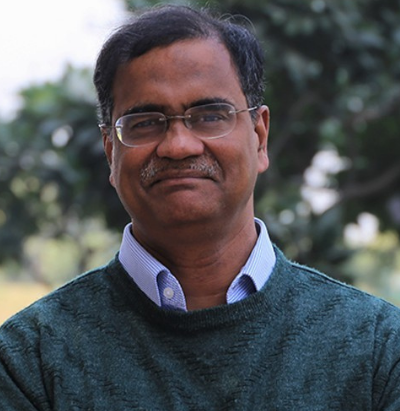
Mahesh Rangarajan
11 May, 2023 | 4m readThe Archives of Contemporary India at Ashoka came into being in January 2017 and upholds world-class standards in archiving the recent past of the country. This requires us to preserve documents from India’s recent past since independence and in doing so make them available to scholars and students alike who hope we all be informed better for the future. Unlike the National Archives of India or the State level in the different states of the Indian Union, our focus is not on the government but on private papers. We focus mainly on post-1947 on independent and emerging India. Ours is a broad canvas from civil society to journalism, the women’s movement and environment, and the worlds of literature and science.
Most international Universities such as Oxford or Princeton, Yale or Harvard house archives. We aspire to the standards of the best and also to become a vital educational resource for the Ashoka community and beyond. Our collection is built on contributions that are placed here not only because they will be preserved for posterity but also accessible to scholars as per the norms and rules of archives.

The collection sheds light on matters great and small. For instance, the papers of the philosopher and educationist, Dr S. Radhakrishnan India’s first Vice President and second President include rare materials. These include letters from all who contributed to the volume he edited on Gandhiji’s 70th birthday, even one from Jan Smuts who had been the latter’s adversary in South Africa. The photos and documentary collections of the late Captain Lakshmi have insight into the first ever women’s regiment of the Indian National Army and much more on her long and distinguished life. The papers acquired recently by scholar diplomat K.S. Bajpai pertain to diplomacy and international relations dating back to the Indo-Pak conflict and Tashkent Talks.
The great playwright and veteran actor, Girish Karnad’s drafts and works are here with a doyen of Hindi literature: Agyeya, donated recently by the Vatsal Nidhi trust. Most recently, Sai Paranjpye, a famous screenwriter and movie director has agreed to archive her life’s work with us.
Environment and ecology is a particular area of focus. The Chandi Prasad Bhatt collection takes us to the early years of the Chipko movement. The Divyabhanusinh papers have the early records of debate on the reintroduction of the cheetah, an event that earlier this year made world headlines.
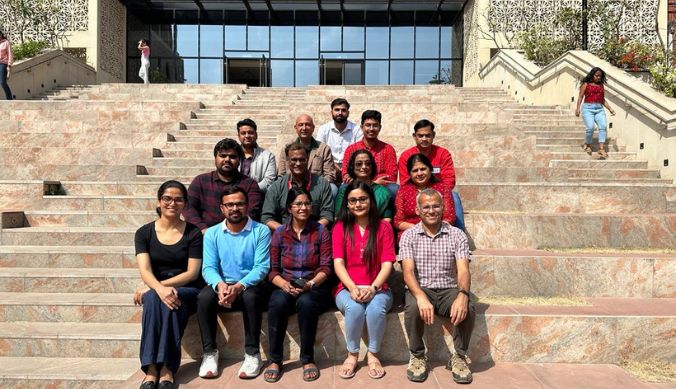
The history of independent India needs more study as we move towards the 100th anniversary of 15 August 1947. Among the sectors, we hope to explore are business history and civil society, all vital to those interested in how the past shaped the future. We are also looking at collaborations with other universities and academic institutions in India and abroad and documenting and archiving Ashoka University’s institutional history.
An archive is more than a record of the past. It serves as a beacon to the future. The key to this is not only the assemblage but the preservation, cataloguing and keeping of the materials, print, visual or digital format in a manner that survives the vagaries of time.
The Archives website launched last year reaches out to the larger community of scholars across the world. The reference aids for the collections are prepared very meticulously by a select team of professionals. Our team is small but high on expertise and motivation. We have a long way to go but have made a sound start.
(Prof. Mahesh Rangarajan is the Head of the Department of Environmental Studies; Professor of History and Environmental Studies and Chair, Archives of Contemporary India, Ashoka University)







